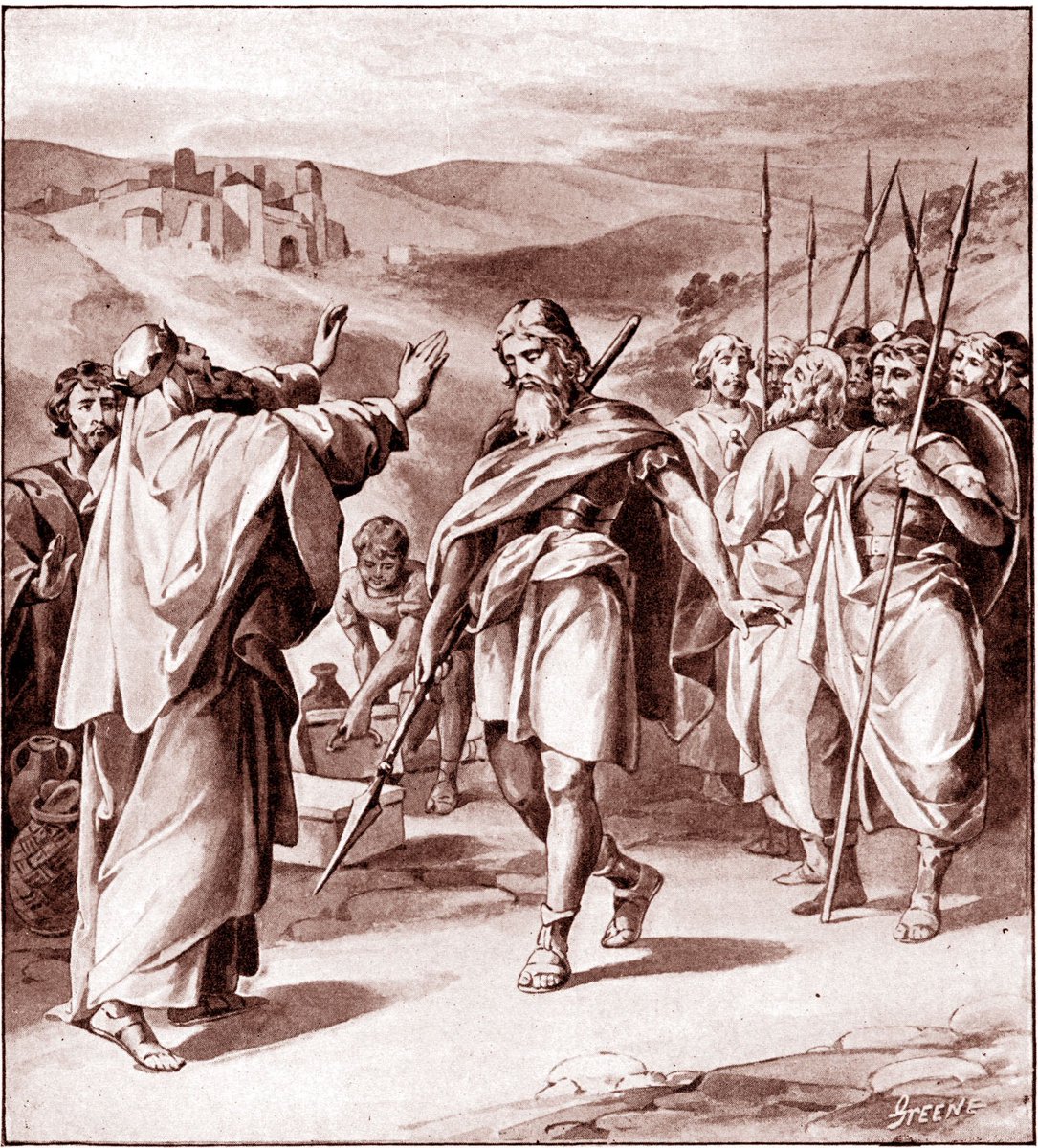
Graphic Designer for churches, businesses, podcasts, and more (#barzonDESIGN) / Author / Bible Translation Nerd / DM me + visit my website 🔗 ⬇️
4 subscribers
How to get URL link on X (Twitter) App

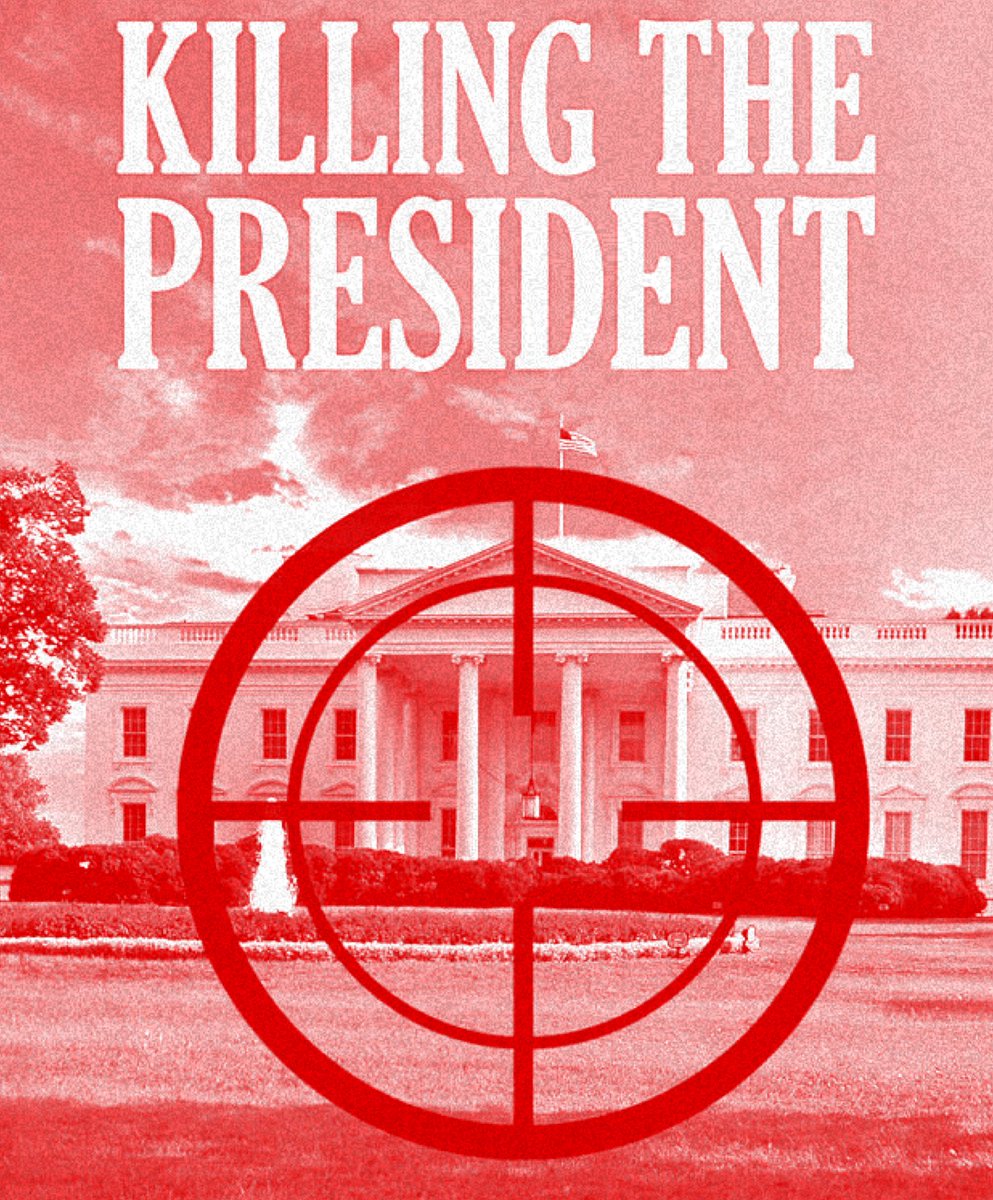
 🧵 Andrew Jackson (1835)
🧵 Andrew Jackson (1835)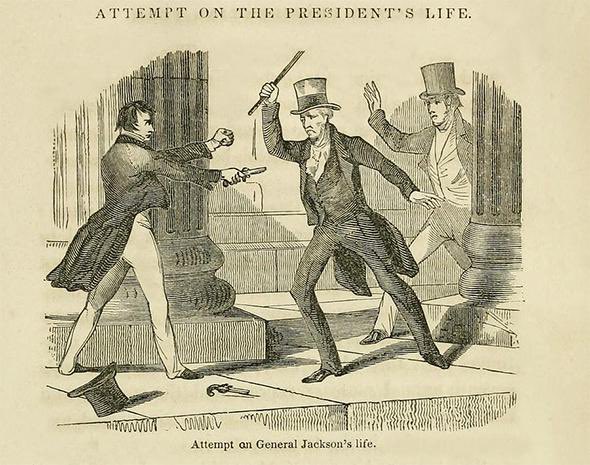
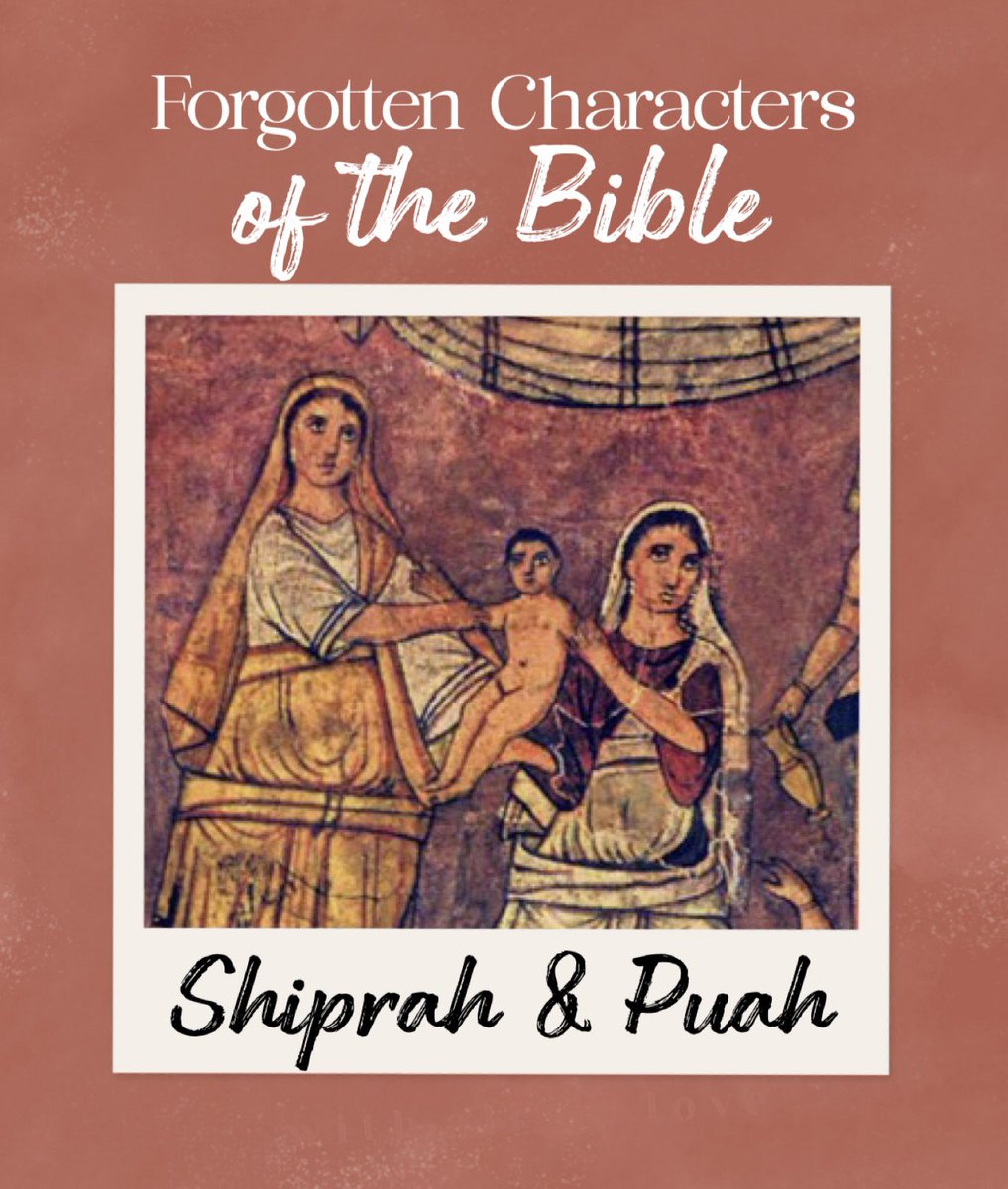
 🧵 Israel’s Growth & Pharaoh’s Fear
🧵 Israel’s Growth & Pharaoh’s Fear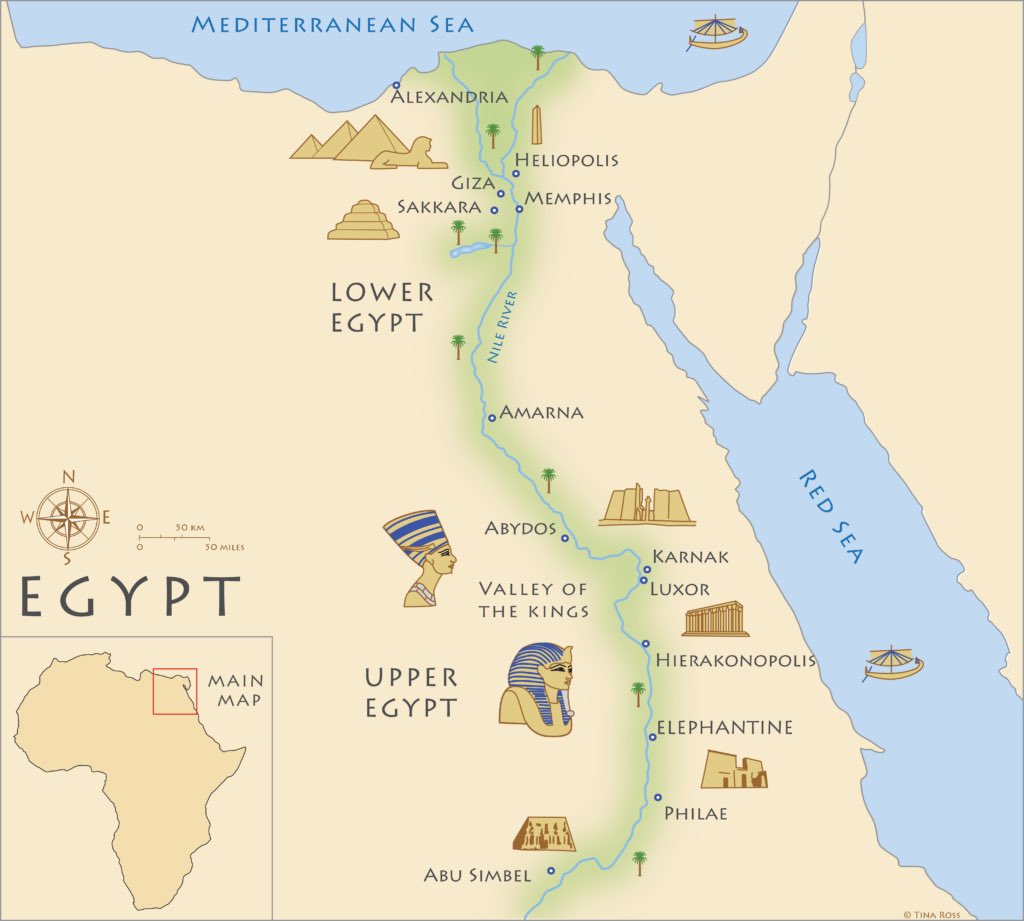
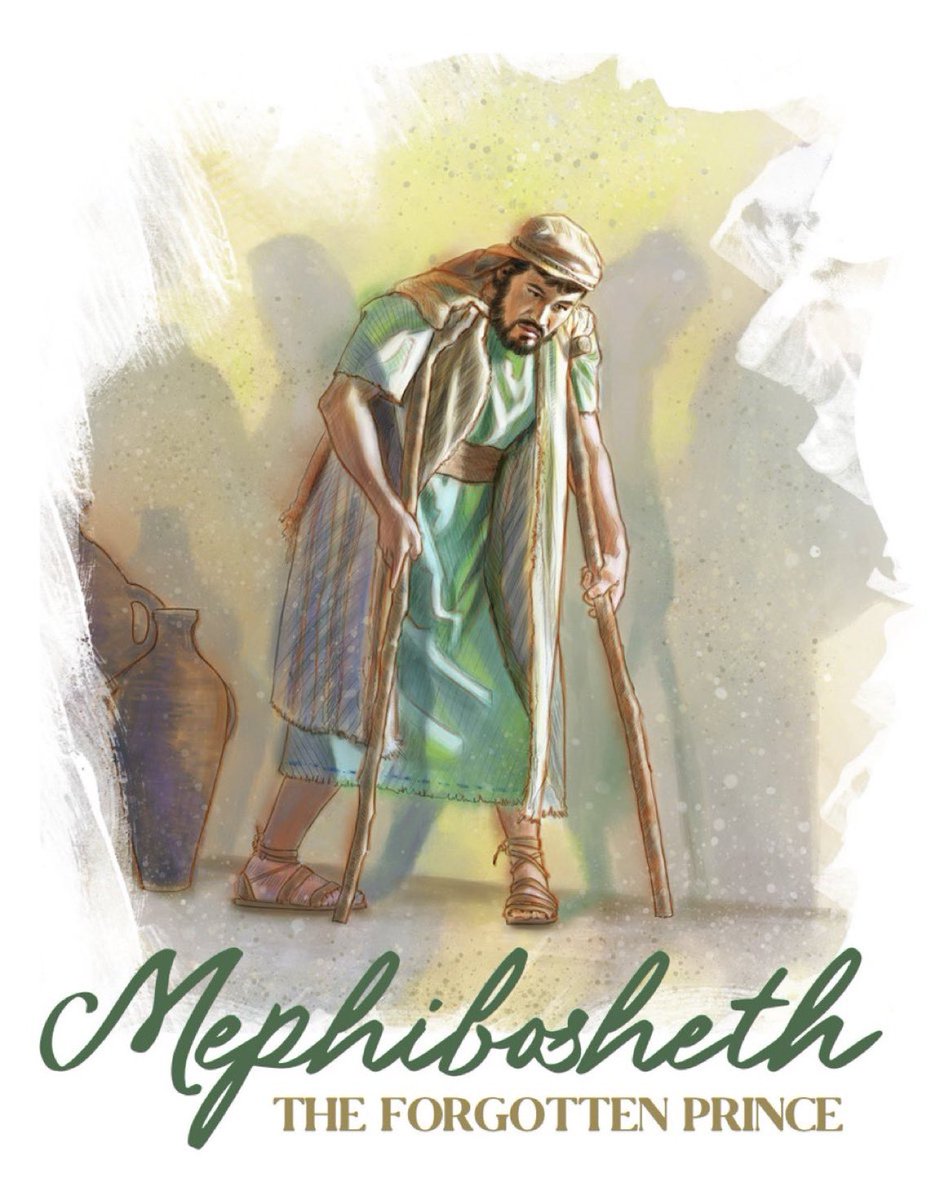
 🧵 Mephibosheth’s Family
🧵 Mephibosheth’s Family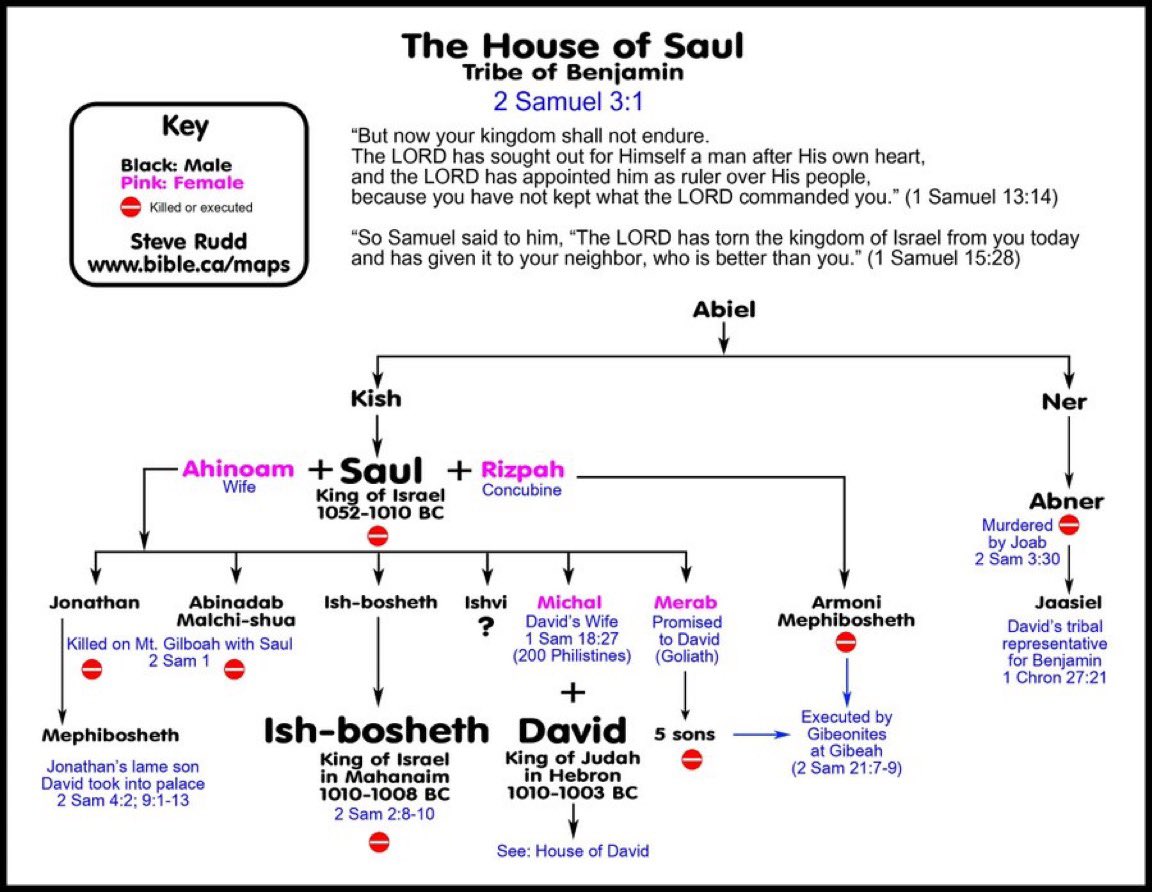
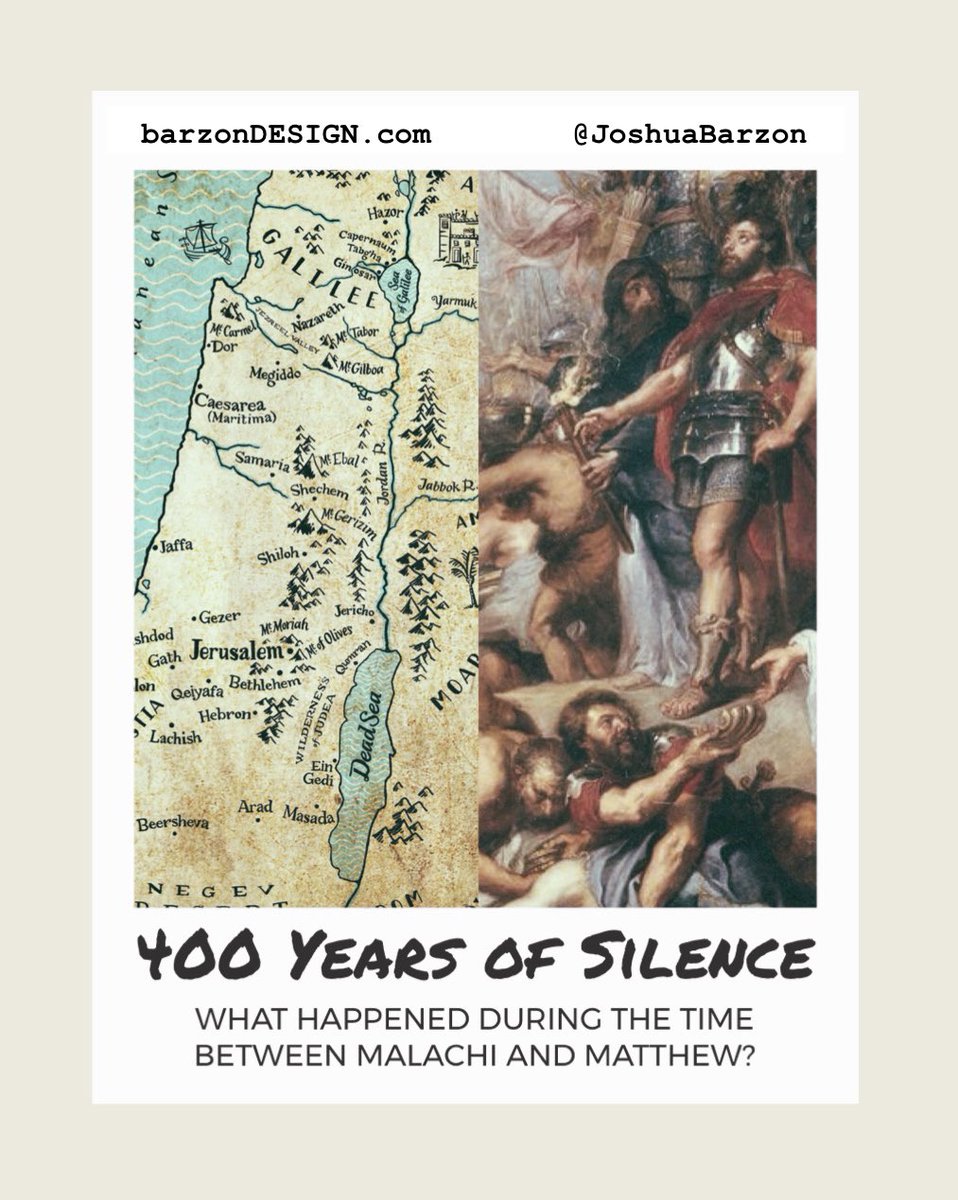
 🧵 What “Silence” Really Means
🧵 What “Silence” Really Means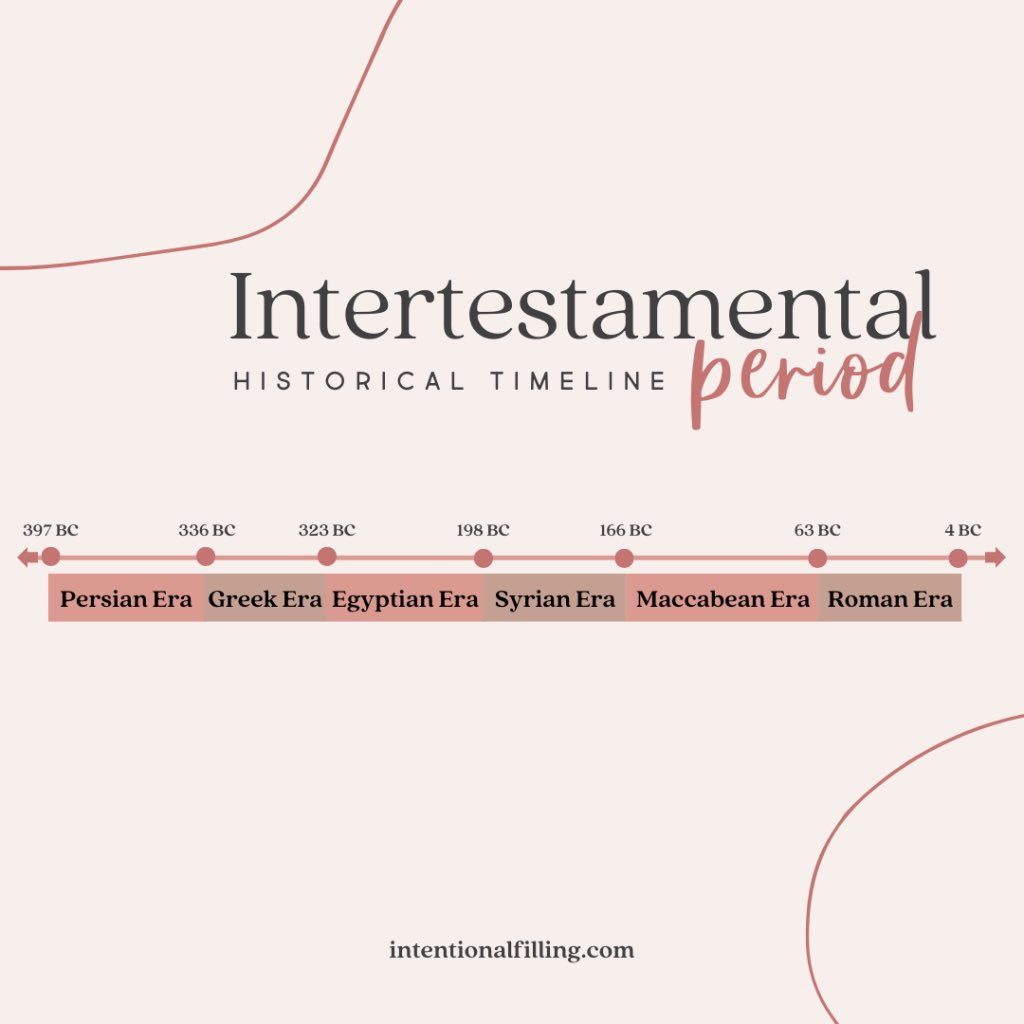
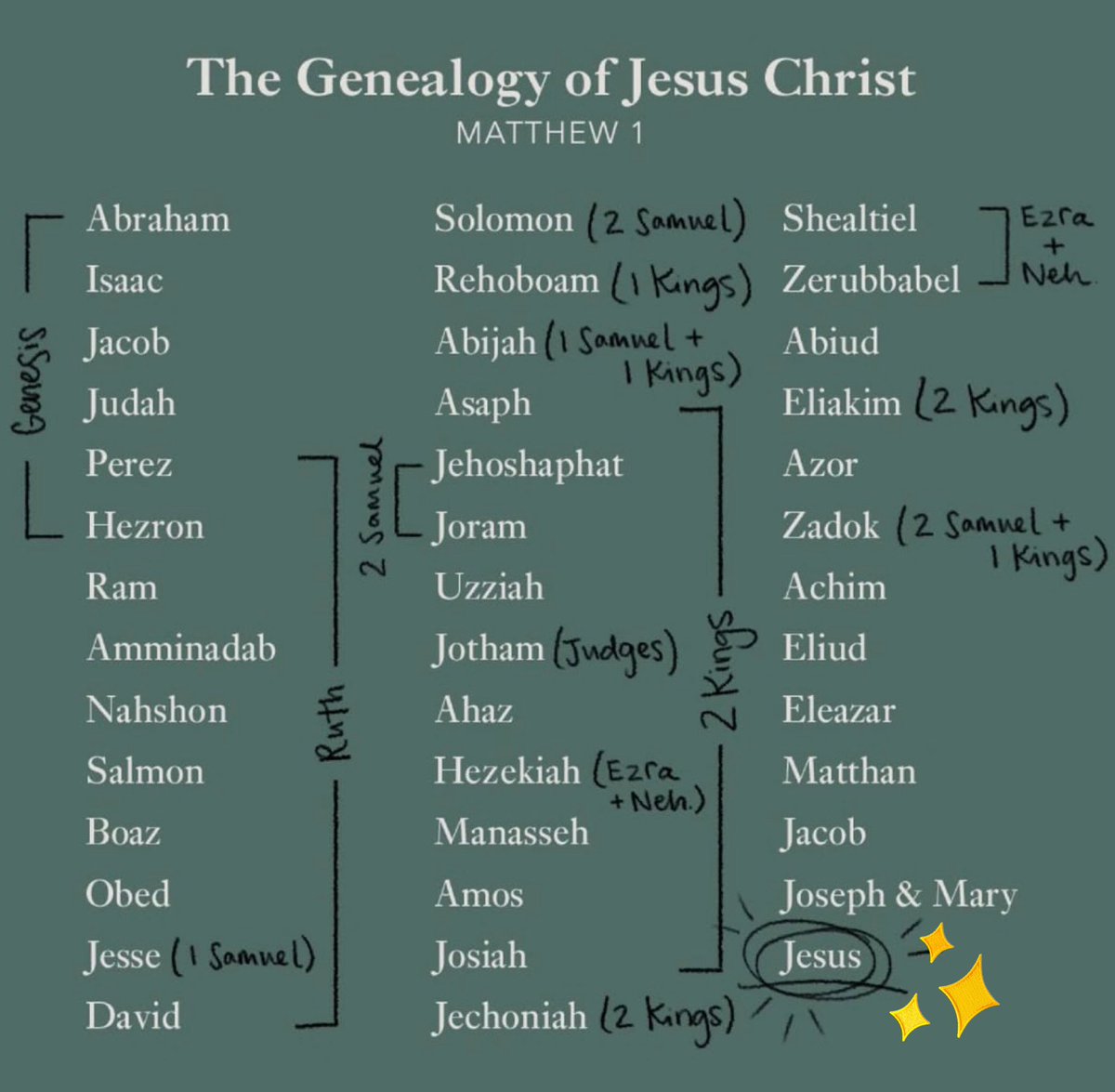
 🧵 It is a legal and royal document, not just a family tree
🧵 It is a legal and royal document, not just a family tree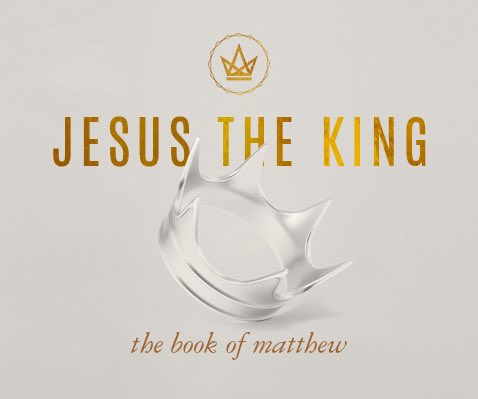

 🧵 1. Direct Prophecies: Promise Before Fulfillment
🧵 1. Direct Prophecies: Promise Before Fulfillment

 🧵 The Meaning of the Word Magi
🧵 The Meaning of the Word Magi
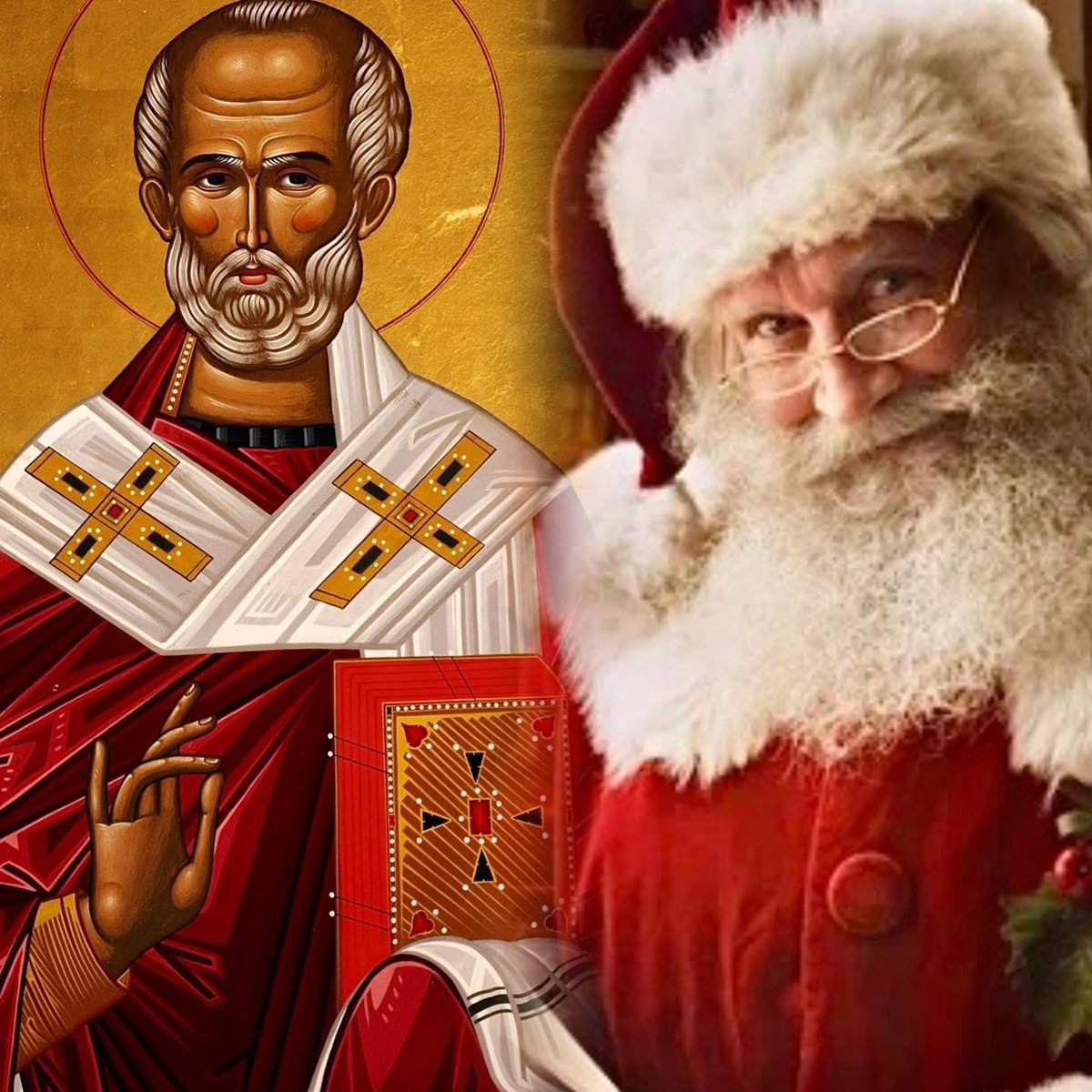
 🧵 St. Nicholas of Myra (AD 270–343)
🧵 St. Nicholas of Myra (AD 270–343)

 🧵 What is Annihilationism?
🧵 What is Annihilationism?

 🧵 1. “Jesus was born on December 25th”
🧵 1. “Jesus was born on December 25th”
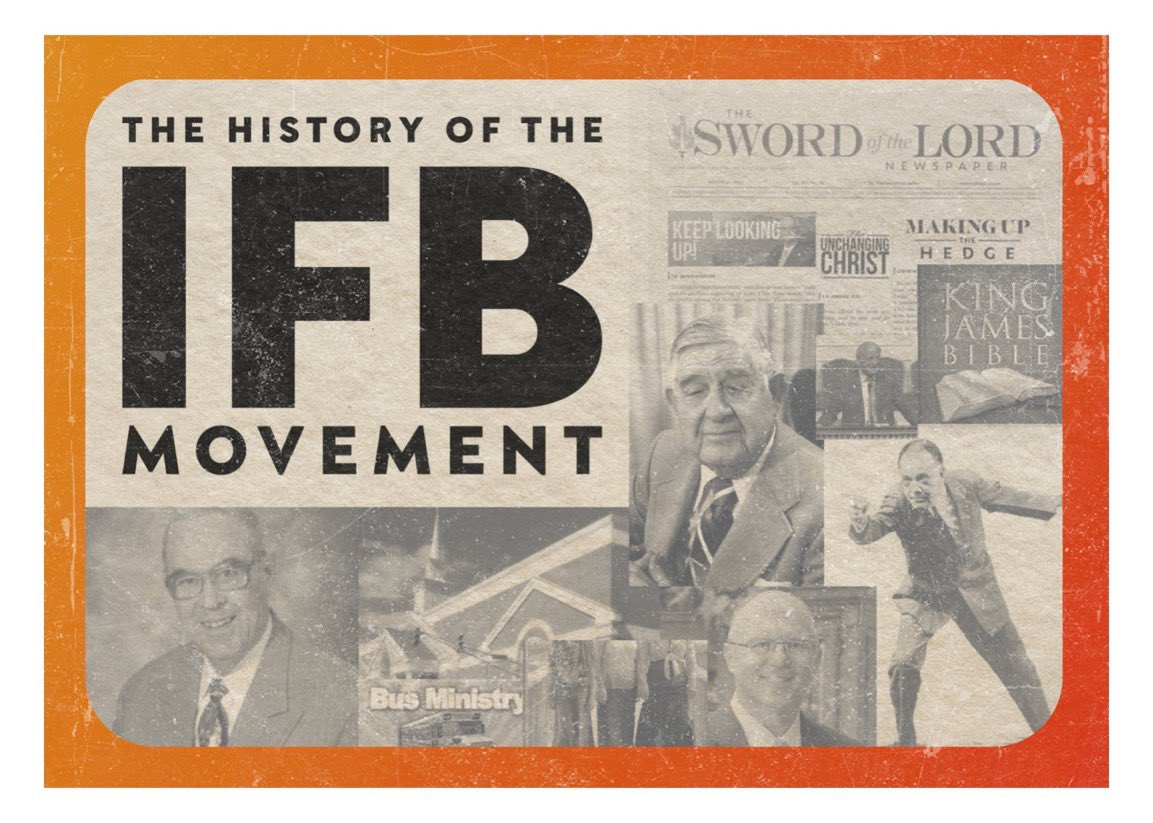
 🧵 Introduction and Disclaimer
🧵 Introduction and Disclaimer

 🧵 Early Life of Voddie Baucham
🧵 Early Life of Voddie Baucham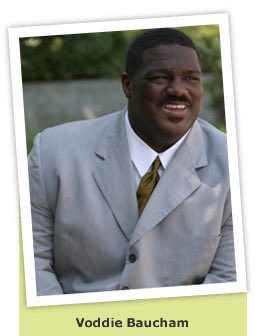

 🧵 Kinds of Prophecies
🧵 Kinds of Prophecies
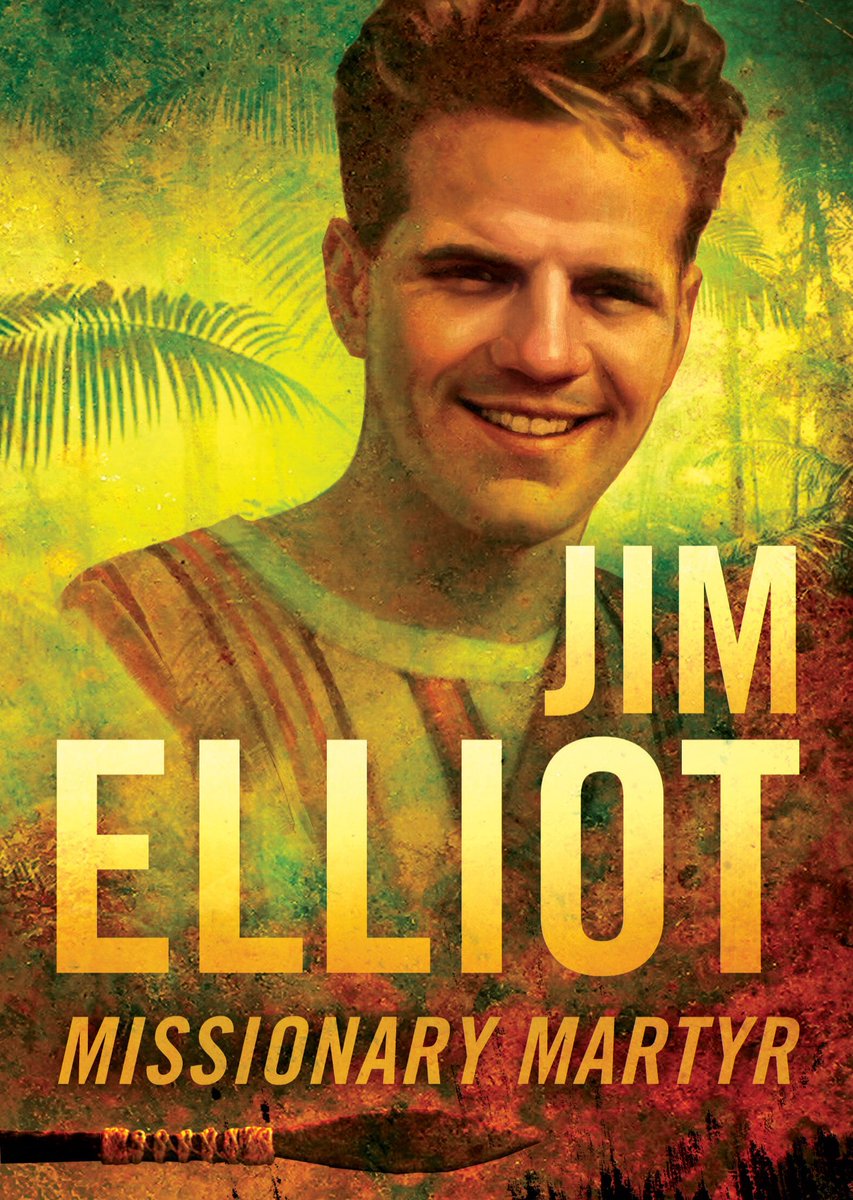
 🧵 The Early Life of Jim Elliot
🧵 The Early Life of Jim Elliot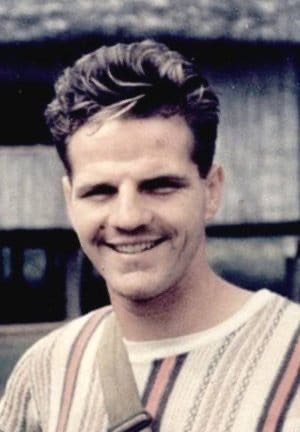
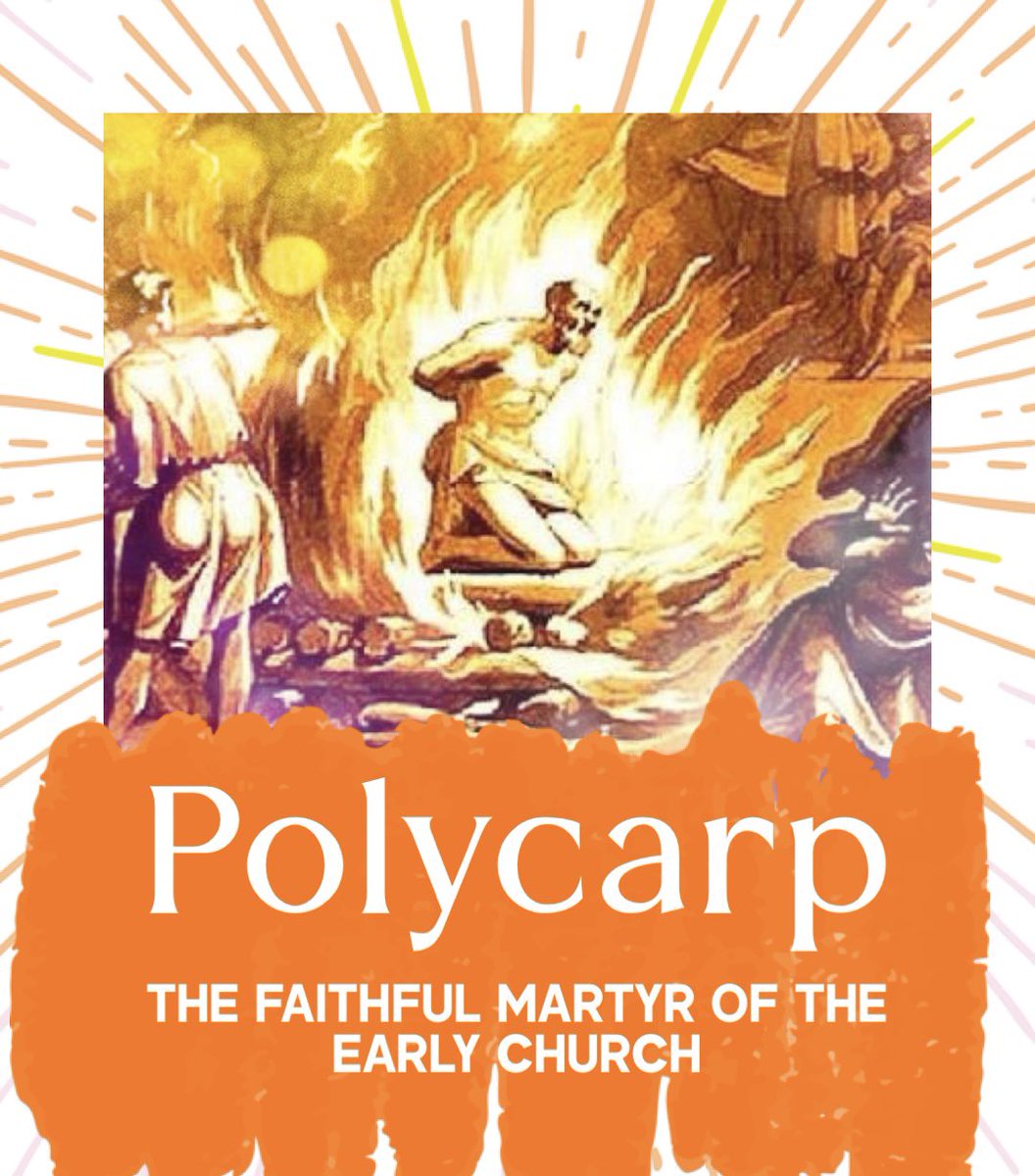
 🧵1. A Living Link to the Apostles
🧵1. A Living Link to the Apostles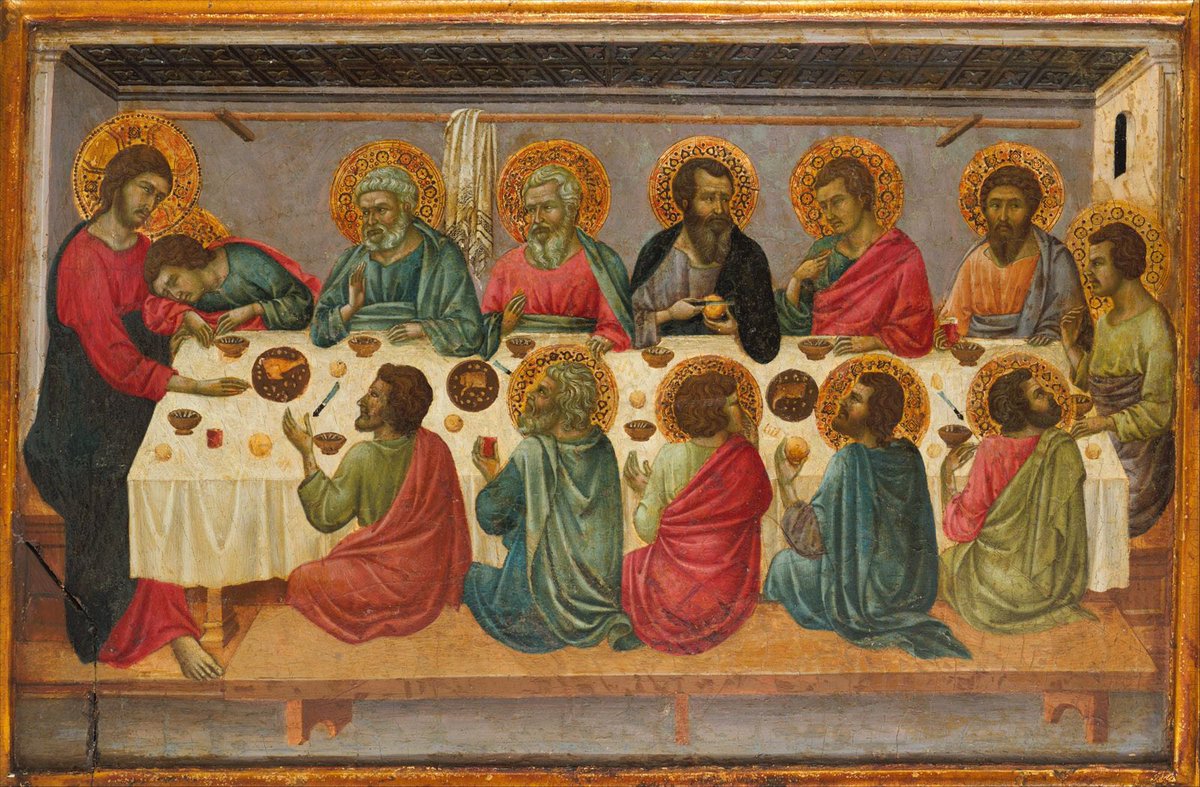
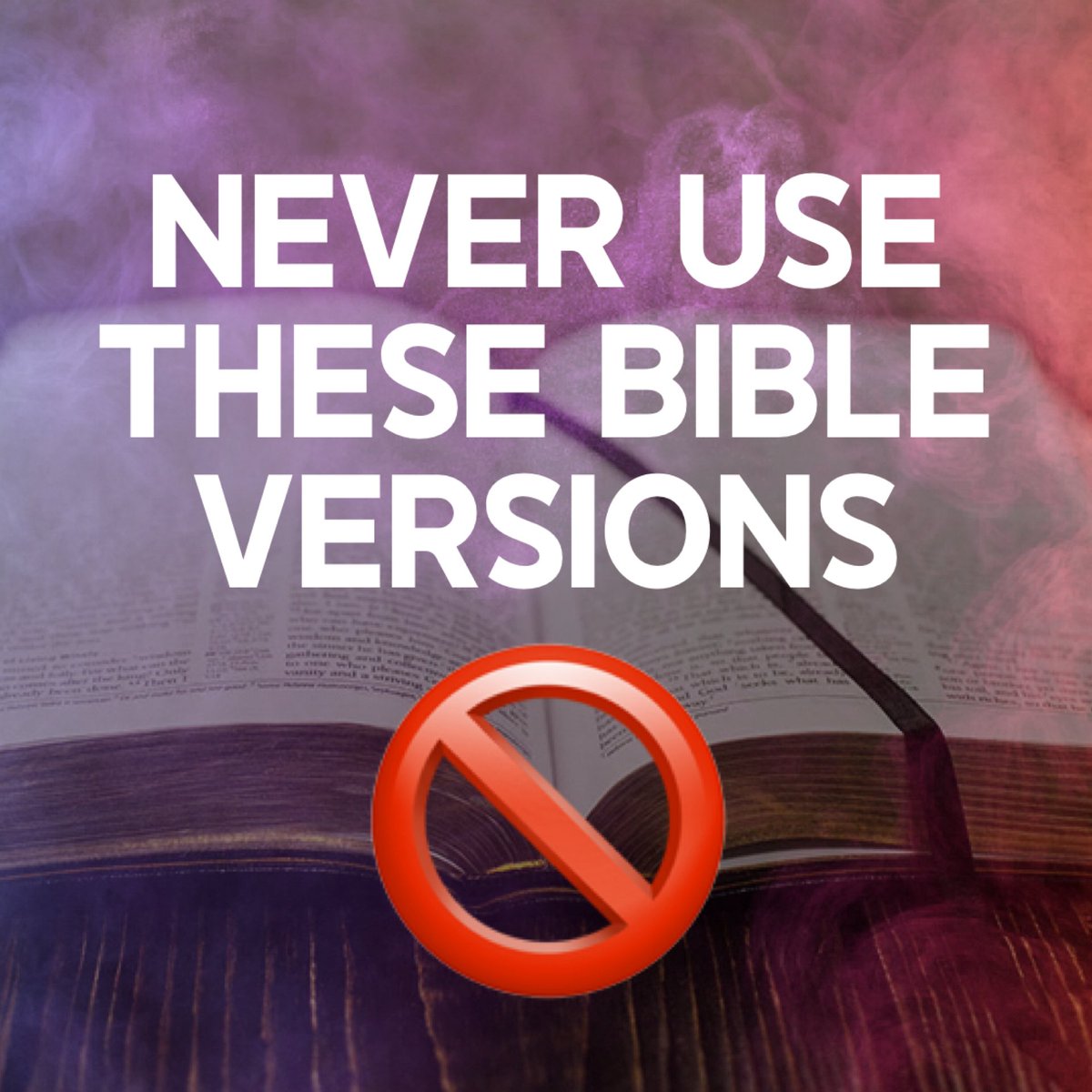
 🧵 New World Translation (Jehovah’s Witnesses)
🧵 New World Translation (Jehovah’s Witnesses)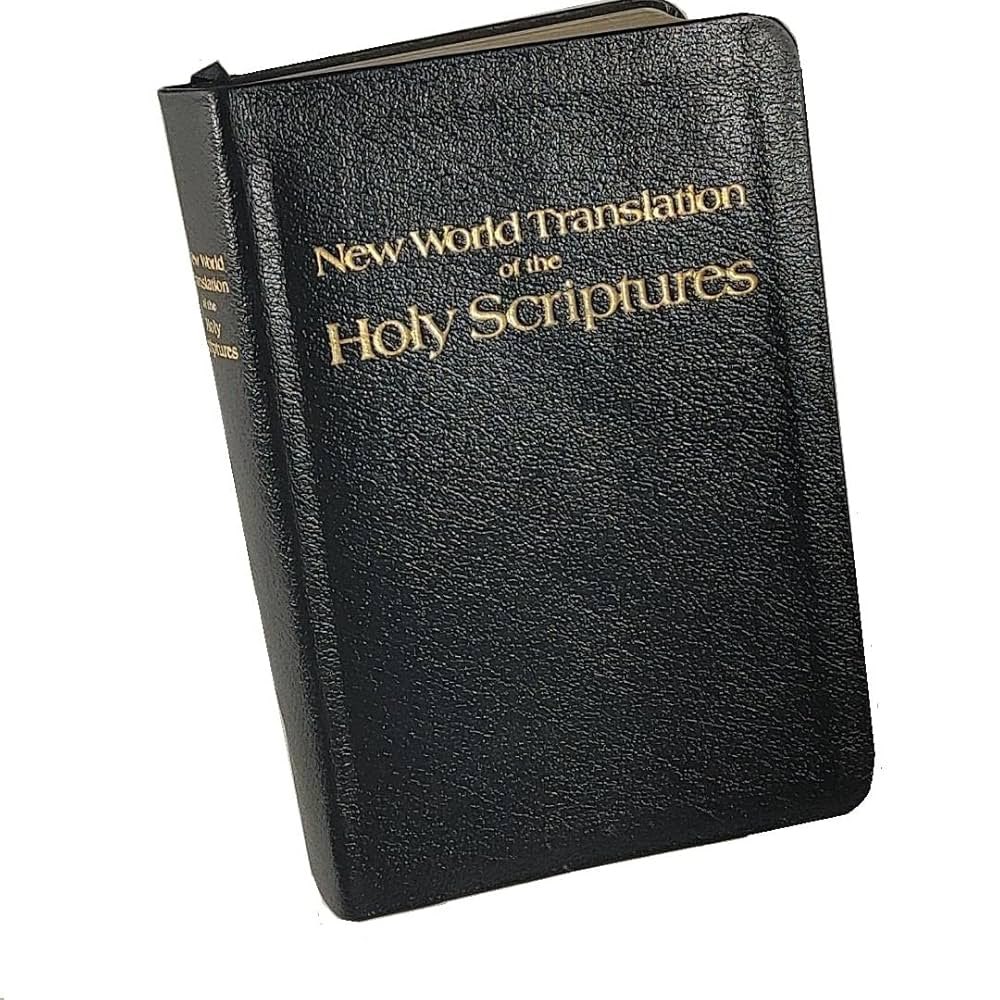

 🧵 The Author
🧵 The Author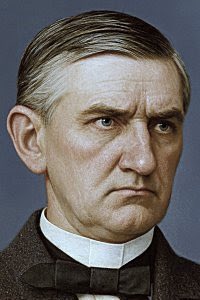

 🧵 Mephibosheth’s Family
🧵 Mephibosheth’s Family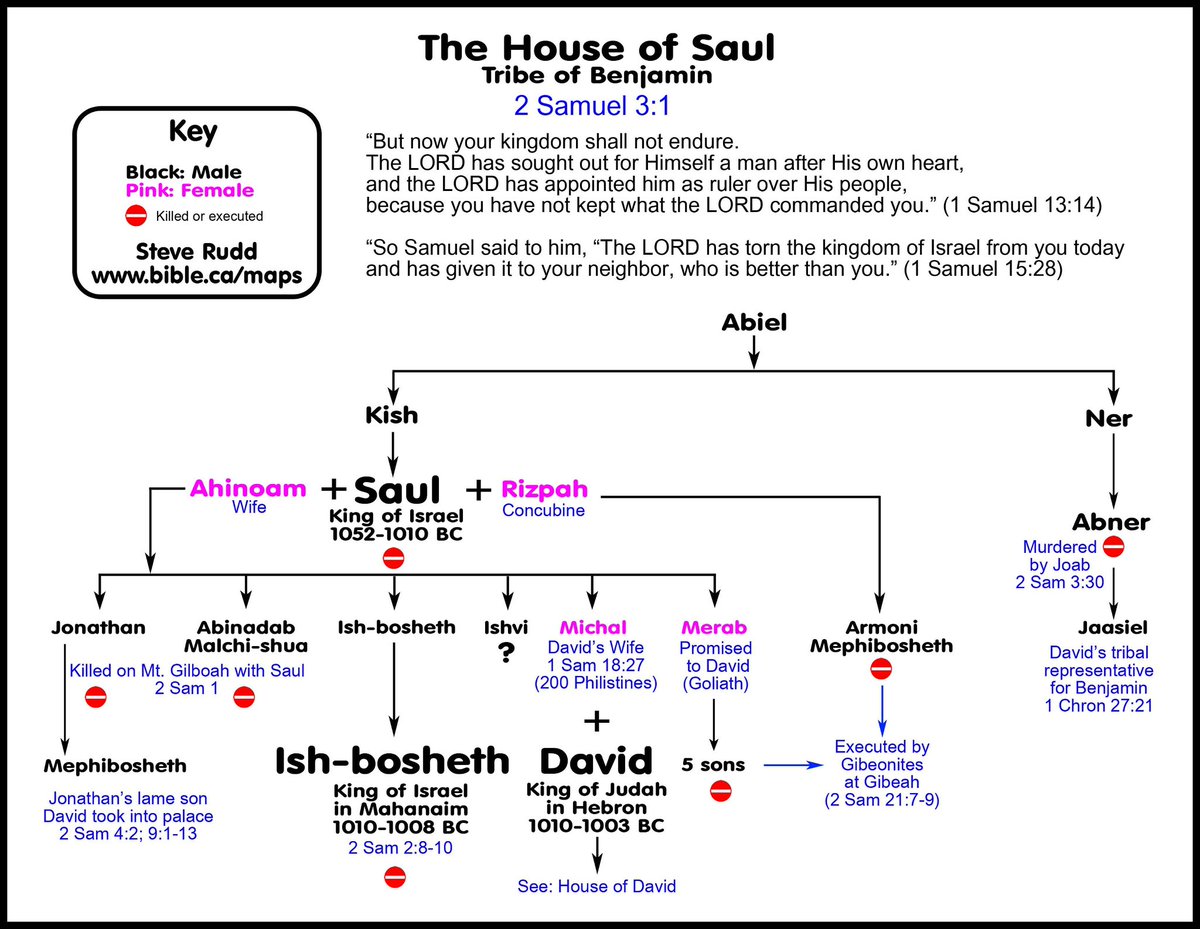

 🧵 A Jew from Alexandria
🧵 A Jew from Alexandria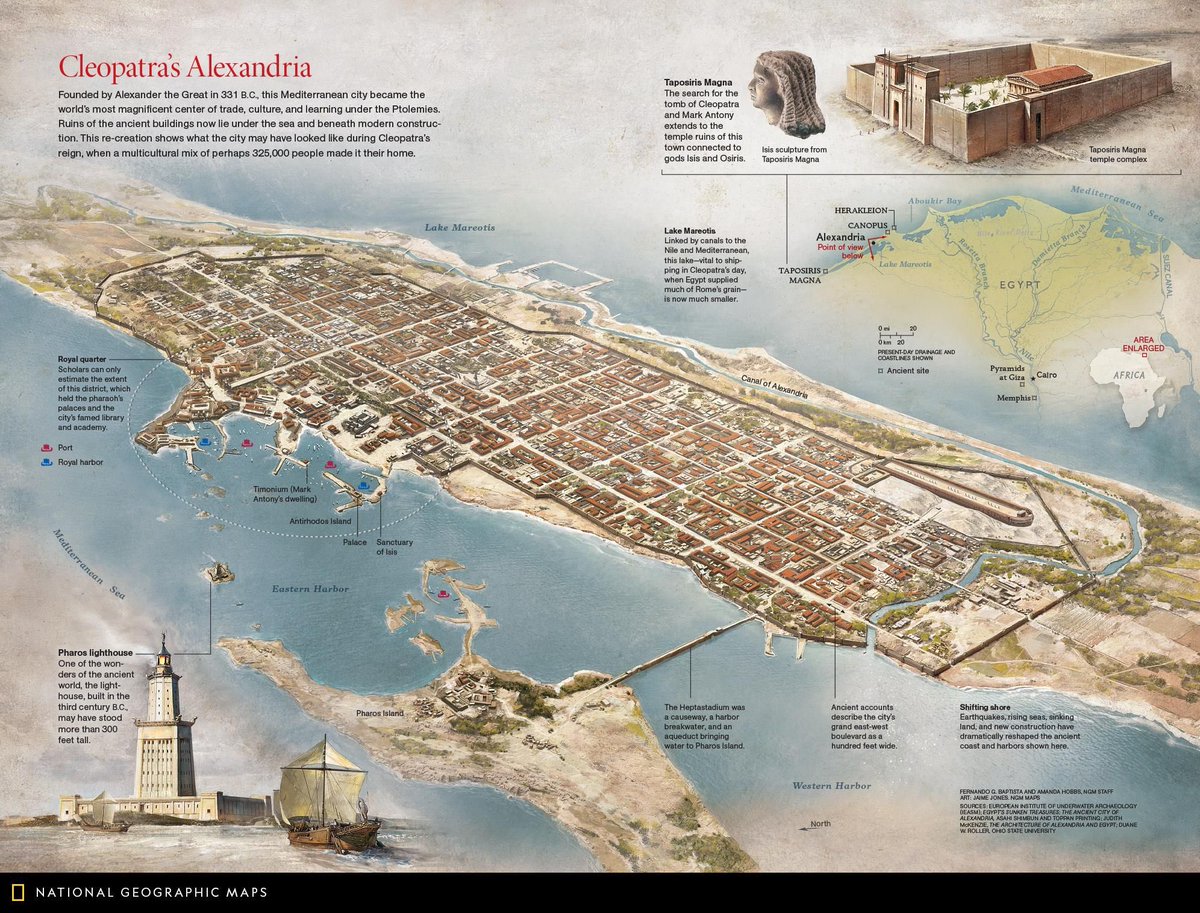
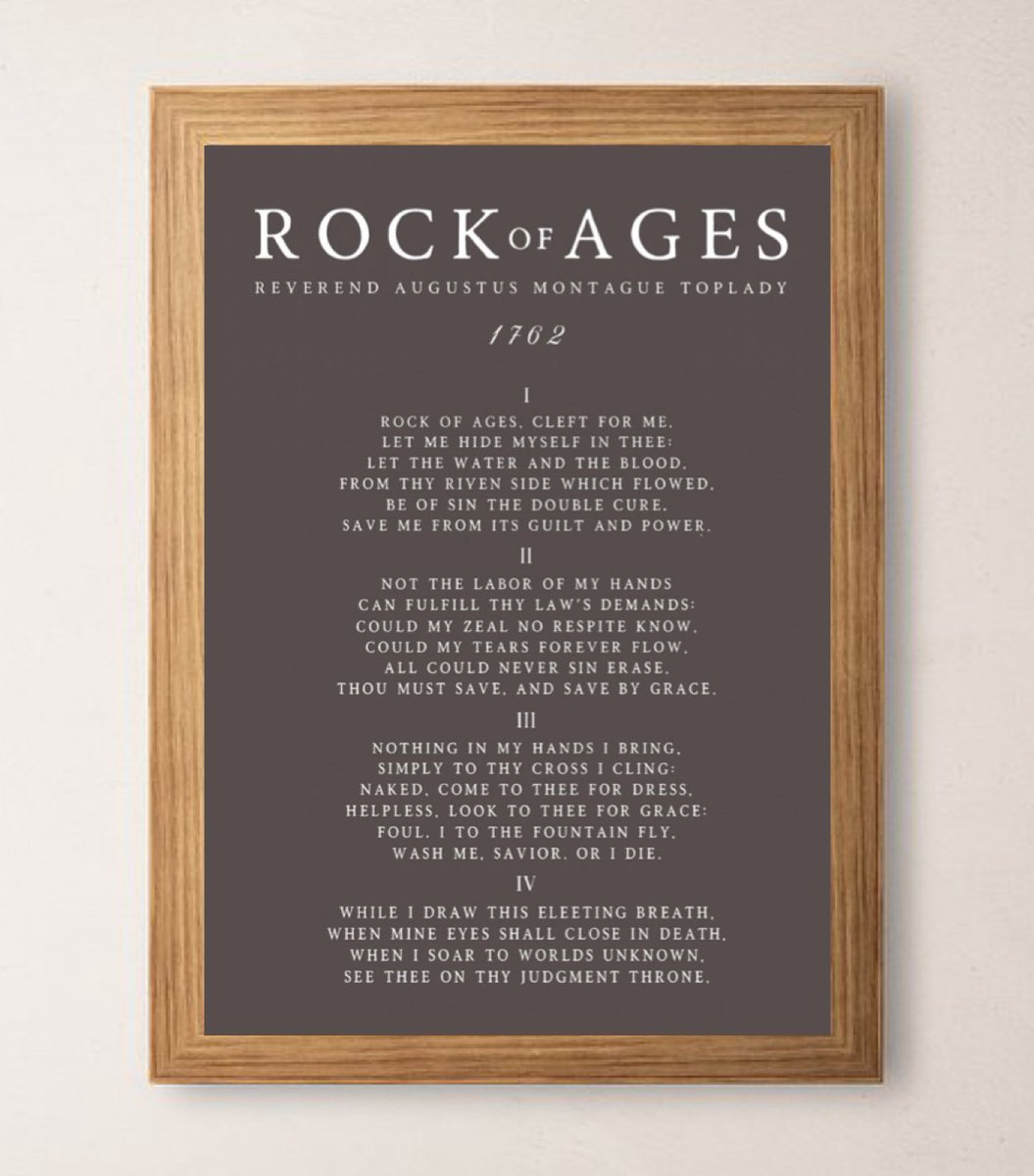
 🧵 The Preacher Behind the Hymn
🧵 The Preacher Behind the Hymn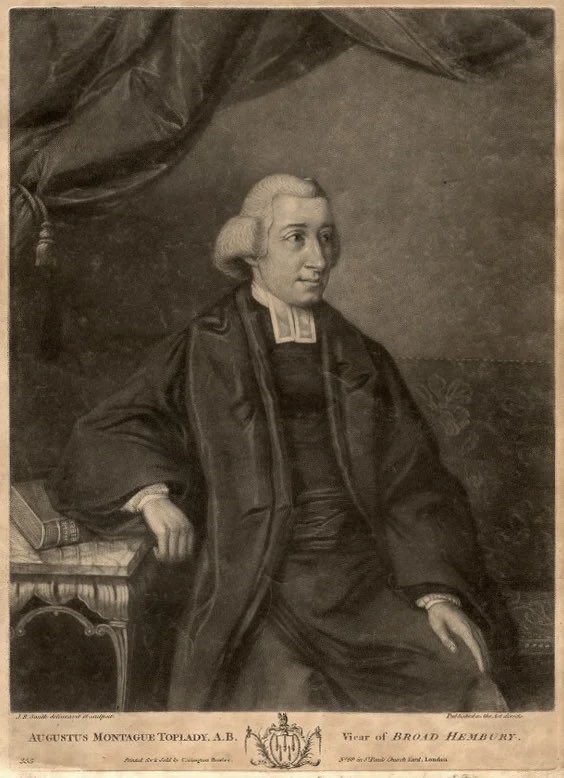

 🧵 The Mystery of Melchizedek
🧵 The Mystery of Melchizedek